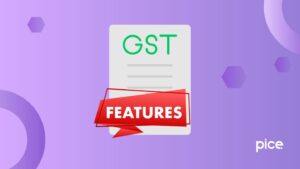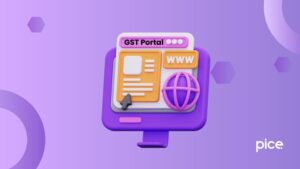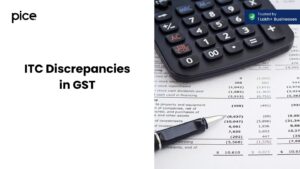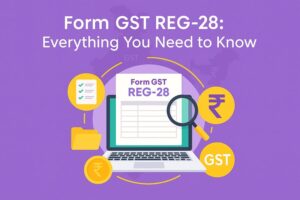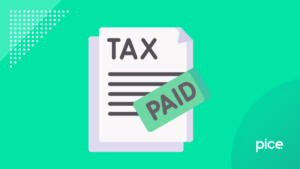GST on Hotel Rooms
- 26 Aug 24
- 13 mins
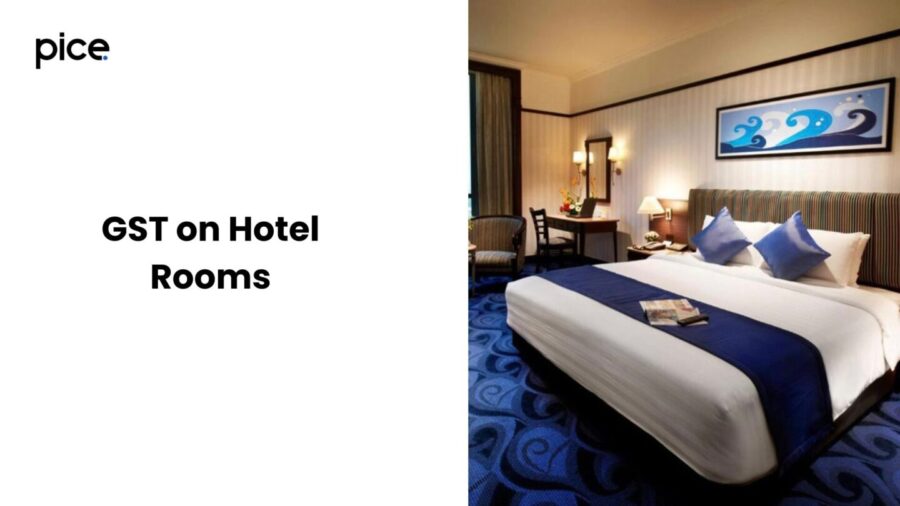
GST on Hotel Rooms
Key Takeaways
- Simplified Tax Structure: GST consolidates multiple taxes into a single tax system, reducing business transaction costs in the hospitality industry.
- GST Rates: Hotel rooms are taxed at varying GST rates based on room tariffs, providing clarity and uniformity.
- Input Tax Credit (ITC): Businesses in the hospitality sector can claim ITC on goods and services used for business purposes, optimizing their tax liability.
- Restaurant Services: Restaurant services within hotels are subject to specific GST rates, which depend on the establishment's tariff and ITC eligibility.
- Compliance and Documentation: Proper documentation, such as tax invoices, and timely payment of taxes are essential for claiming ITC and maintaining GST compliance.
Hospitality and Tourism under Pre-GST
Before the introduction of the Goods and Services Tax (GST), the hospitality and tourism sector in India was subject to multiple taxes. This fragmented tax structure included Value Added Tax (VAT), Service Tax, and Luxury Tax, among others. The application of these taxes varied across states, leading to a lack of uniformity in tax rates. Businesses in the hospitality industry, such as hotels and restaurants, had to navigate through a complex web of taxes, making compliance challenging and increasing business transaction costs.
For instance, Service Tax was levied on services like room rentals and restaurant services, while VAT was applied to the supply of food and beverages. Luxury Tax, imposed by state governments, varied significantly, adding another layer of complexity. This multi-tax system often led to higher costs for customers as the cumulative tax burden was substantial. Additionally, the lack of Input Tax Credits (ITC) on certain taxes meant that businesses could not offset the tax paid on inputs against their output tax liability, further escalating costs.
The absence of uniform tax rates across the country resulted in inefficiencies and discrepancies in pricing, making it difficult for consumers to understand the final cost of services. Businesses had to manage separate compliance requirements for different taxes, necessitating extensive bookkeeping and increasing the administrative burden. Secretarial compliance was also cumbersome, as businesses had to deal with various tax authorities and adhere to diverse regulations.
Overall, the pre-GST tax regime in the hospitality and tourism sector was characterized by complexity and higher costs, both for businesses and customers. The introduction of GST aimed to simplify this landscape by consolidating multiple taxes into a single, uniform tax structure, thereby improving business compliance and reducing costs.
Hospitality and Tourism under the GST Regime
The introduction of GST brought significant changes to the hospitality and tourism sector, aiming to streamline the tax structure and improve compliance. Under the GST regime, the hospitality industry is subject to uniform tax rates, replacing the multitude of taxes previously levied. This change has simplified the tax process, making it easier for businesses to comply with regulations and manage their finances.
GST on hotel rooms varies based on the room tariff. For example, room tariffs below INR 1,000 are exempt from GST, while tariffs between INR 1,000 and INR 7,500 attract an 12% GST rate. Room tariffs above INR 7,500 are subject to an 18% GST rate. This structured approach ensures clarity and transparency in the taxation process, benefiting both businesses and consumers.
💡If you want to pay your GST with Credit Card, then download Pice Business Payment App. Pice is the one stop app for all paying all your business expenses.
One of the key advantages of GST is the availability of Input Tax Credits (ITC). Under the pre-GST regime, businesses could not claim ITC on certain taxes, leading to higher costs. With GST, businesses can now claim ITC on the tax paid for goods and services used in their operations, such as maintenance, renovation, and input services. This helps in reducing the overall tax liability and optimizing ITC, thereby lowering operational costs.
The GST regime also covers various services offered by hotels, including bundled services like accommodation with meals, separate services like spa treatments, and contract services for events. Restaurant services provided by hotels are subject to a GST rate of 5% without ITC or 18% with ITC, depending on whether they are standalone restaurants or part of a hotel with room tariffs above INR 7,500.
Furthermore, GST has introduced uniform tax rates across the country, eliminating the disparities seen under the previous tax system. This uniformity helps in creating a level playing field for businesses and makes pricing more transparent for consumers. The consolidation of taxes under GST has also reduced the compliance burden, as businesses now have to deal with a single tax authority instead of multiple state and central authorities.
Hotels are also able to leverage the use of advanced systems for process automation, such as ERP solutions, to manage compliance requirements efficiently. These systems help reduce administrative burdens and ensure compliance by handling tasks like the issue of invoices, maintenance of records, and timely payment of taxes.
In conclusion, the GST regime has brought significant improvements to the hospitality and tourism sector by simplifying the tax structure, providing ITC benefits, and ensuring uniform tax rates. These changes have enhanced business compliance, reduced costs, and created a more transparent and efficient tax system.
Taxability of Services
Restaurant Services
Restaurant services within hotels are subject to specific GST rates based on the nature of the establishment. Standalone restaurants are taxed at 5% GST without ITC, while restaurants within hotels with room tariffs above INR 7,500 are taxed at 18% with ITC. This differentiation ensures that higher-end establishments contribute more in taxes, reflecting their premium service offerings.
In addition to the basic GST rates, restaurant services must comply with the issuance of tax invoices, proper documentation of transactions, and adherence to other business compliances. This includes maintaining records of taxable supplies, ensuring timely filing of returns, and managing vendor payments. The use of ERP E-TDS return filing solutions and connected finance ecosystems can help streamline these processes, ensuring accurate compliance and minimizing errors.
Restaurant services also include bundled services like meal packages with room bookings, which are taxed at a composite rate. The correct application of these rates and maintaining proper documentation are essential for claiming ITC and ensuring compliance with GST norms. This ensures that businesses can optimize their ITC claims and reduce overall costs.
Hotel Rooms
The GST rates applicable to hotel rooms vary based on the room tariff. Rooms with tariffs below INR 1,000 are exempt from GST, those between INR 1,000 and INR 7,500 attract an 12% GST, and rooms with tariffs above INR 7,500 are taxed at 18%. This tiered structure helps in accommodating different market segments, from budget to luxury accommodations.
Hotel rooms are also subject to various compliance requirements, including the issuance of invoices, maintaining records of taxable supplies, and ensuring timely payment of taxes. The use of advanced systems for process automation, such as ERP solutions, can help hotels manage these requirements efficiently, reducing administrative burdens and ensuring compliance.
For hotels, optimizing ITC is crucial to managing costs. ITC can be claimed on various input services and goods used in the operations of the hotel, such as maintenance, renovation, and procurement of consumables. Proper management and documentation of these credits can significantly reduce the overall tax liability.
Additionally, hotels need to manage various other taxable services and ensure compliance with GST regulations. This includes handling corporate rates, concessional rates for business travels, and managing bookings for business events. The proper application of GST rates to these services and maintaining accurate records are essential for claiming ITC and ensuring compliance with GST norms.
Details for Organizations in Hospitality and Tourism
Travel Managers
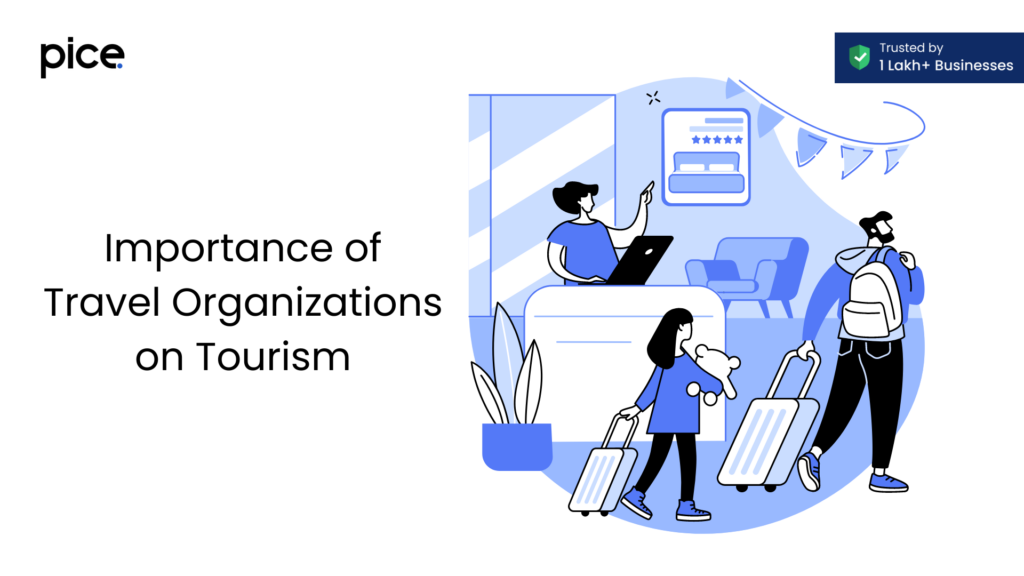
Travel managers play a crucial role in ensuring compliance with GST regulations for organizations in the hospitality and tourism sector. They are responsible for managing bookings, handling vendor payments, and ensuring that all transactions comply with GST norms. This includes verifying the accuracy of invoices, managing tax payments, and ensuring that the organization optimizes its ITC claims.
Travel managers must stay updated with the latest GST rates applicable to various services, including hotel bookings and restaurant services. They need to ensure that the correct GST rates are applied and that the organization benefits from available credits. This requires a thorough understanding of GST regulations and the ability to manage complex transactions efficiently.
In addition to managing bookings, travel managers often handle corporate rates and concessional rates for business travels and events. Ensuring that these rates comply with GST regulations is essential for optimizing costs and maintaining compliance. Travel managers must also oversee the process at hotels, from check-in to check-out, ensuring that all services are correctly invoiced and that the organization benefits from any available ITC.
Travel managers also need to be aware of the provision of service and supply of service rules under GST. This includes managing bundled services, separate services, and contract services, ensuring that the correct GST rates are applied and that the organization benefits from any available ITC.
Central Bookers
Central bookers are responsible for managing large volumes of bookings for organizations. They must ensure that all bookings comply with GST regulations, including the correct application of GST rates and proper documentation. This includes managing bundled services, such as accommodation packages, and ensuring that the correct composite GST rates are applied.
Central bookers must also handle the issuance of invoices and ensure that all transactions are accurately recorded. This is crucial for claiming ITC and ensuring compliance with GST norms. The use of advanced booking systems and ERP solutions can help central bookers manage these tasks efficiently, reducing errors and ensuring timely compliance.
Additionally, central bookers often manage bookings for business events, ensuring that all services, including additional services like food and beverages, are correctly invoiced and comply with GST regulations. This helps in optimizing ITC and reducing additional costs associated with non-compliance.
Central bookers also need to ensure that the process at hotels, from booking to checkout, complies with GST regulations. This includes managing corporate rates, concessional rates, and ensuring that all services are correctly invoiced. Proper documentation and timely filing of returns are essential for optimizing ITC and ensuring compliance with GST norms.
Employees
Employees involved in the hospitality and tourism sector must be aware of the GST regulations applicable to their roles. This includes understanding the GST rates for various services, the importance of proper documentation, and the need for timely compliance. Employees must ensure that all transactions are accurately recorded and that the organization benefits from available ITC.
Training and awareness programs can help employees stay updated with the latest GST regulations and compliance requirements. This ensures that the organization maintains high standards of compliance and minimizes the risk of penalties. Proper training also helps employees understand the importance of accurate record-keeping and timely filing of returns, which are crucial for optimizing ITC and ensuring compliance with GST norms.
Employees, especially those in roles like travel managers and central bookers, must ensure that all aspects of hotel stays, from booking to invoicing, comply with GST regulations. This includes understanding the levy of tax on various services, ensuring that tax invoices are issued correctly, and managing vendor payments efficiently. Employees must also be aware of the potential additional costs associated with non-compliance and work towards minimizing these risks.
Employees must also understand the impact of GST on various aspects of the hospitality industry, including the process at hotels, food and beverages, and additional services like membership fees. Proper understanding and compliance with GST regulations are essential for optimizing ITC and ensuring that the organization benefits from available credits.
In conclusion, GST has significantly impacted the hospitality and tourism sector, bringing about a more streamlined and efficient tax system. By understanding and complying with GST regulations, organizations can optimize their tax liabilities, ensure compliance, and provide better services to their customers.
 By
By 






